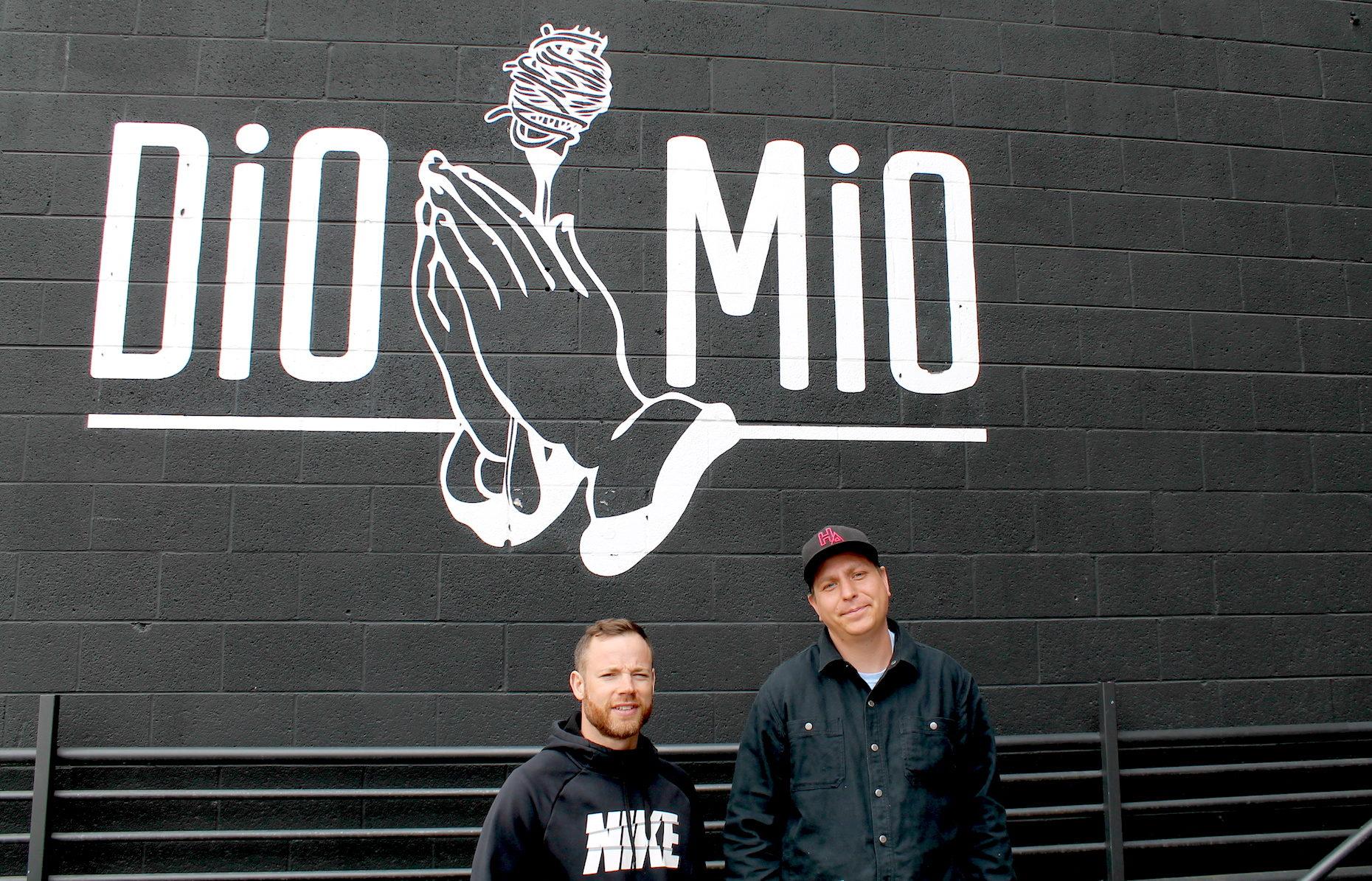An hour after Mayor Michael Hancock announced that bars and restaurants will close to dine-in customers for the next eight weeks, Alex Figura and Spencer White knew they would have to let a fourth of their staff go.
The owners and chefs at Dio Mio, a handmade pasta restaurant in the RiNo section of Five Points, won't have dishes to wash or tables to serve. But without the layoffs, they'd still have those salaries to pay in an industry with slim profit margins as it is.
The Larimer Street restaurant will stay open, but only for deliveries and to-go orders. The small-business owners said revenues were consistently increasing until this weekend, when they saw significant drops in sales as COVID-19 began pushing people further and further apart from one another and from their normal haunts.
Now the hotspot has gone a bit cold. Its owners are in survival mode for themselves and their remaining employees.
"We're just hoping to break even or lose as little money as possible," White said Monday. "It's almost like we're just running a nonprofit for the employees we'll still have."
White and Figura can't afford to pay everyone and stay afloat -- news they had just broken to a server on Monday. He'd been with them for two years, having started as a dishwasher.
"He's a blue-collar guy," Figura said. "It's kind of like there's not much we can do to support him unless the government gets involved, so that kind of leaves him out to dry."
The pandemic hasn't caused enough economic damage for Dio Mio's insurance to kick in yet, Figura said. They're hoping that changes. They're also hoping local, state and federal governments chip in to help them and their fellow restaurateurs recover. White and Figura said they signed a petition to urge the U.S. Small Business Administration for help.
Hancock said Monday that the city's economic development, arts and venues, and finance offices are working on recovery measures for businesses hurt by the pandemic. He did not offer details.
Dio Mio will now focus on delivery, takeout and to-go family dinners. They'll lose all alcohol sales.
Postmates, the third-party delivery app used by Dio Mio, currently accounts for about 10 percent of the restaurant's business. Now Figura and White will take delivery orders over the phone and consider adding to their stable of delivery apps. They'll offer heat-up meals for families in need of an easy dinner (there are a lot of them).
Dio Mio can't deliver booze, so that's another chunk of their business out the window, White said. But in some ways the restaurant is set up better than most to weather a storm that few saw coming. Restaurants with full-service bars depend on alcohol sales to a greater extent than Dio Mio, which sells beer, wine and pre-made cocktails from the walkup counter. Alcohol accounts for about 20 to 25 percent of their sales, but that's relatively low, White said.
Plus, the business owners are also the head chefs. They could run on an angel-hair budget if they wanted to, or even take a hiatus.
"We could just shut the doors to emerge again with some money over the next couple months and just take time off," White said. "But we really just want to keep finding ways to keep our employees because they're going to be affected the most. It's like a little family in there."
So yeah. Everything's about to change. Again. Including the vibe.
The pasta place is usually filled with people, hip-hop and obscure films projected on the wall, not unlike the rest of Larimer Street. Things are about to get ghosty.
Cooking in an empty restaurant "is like watching a sports event with an empty arena," Figura said.













